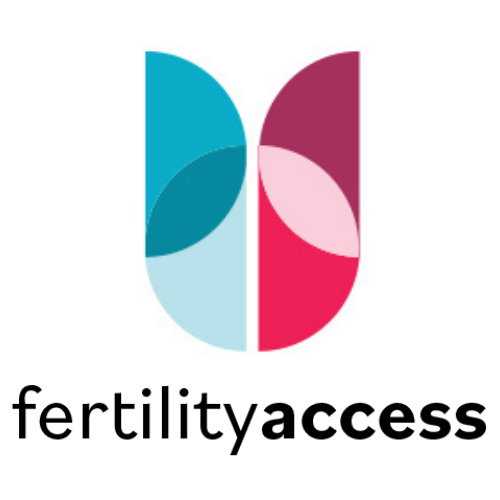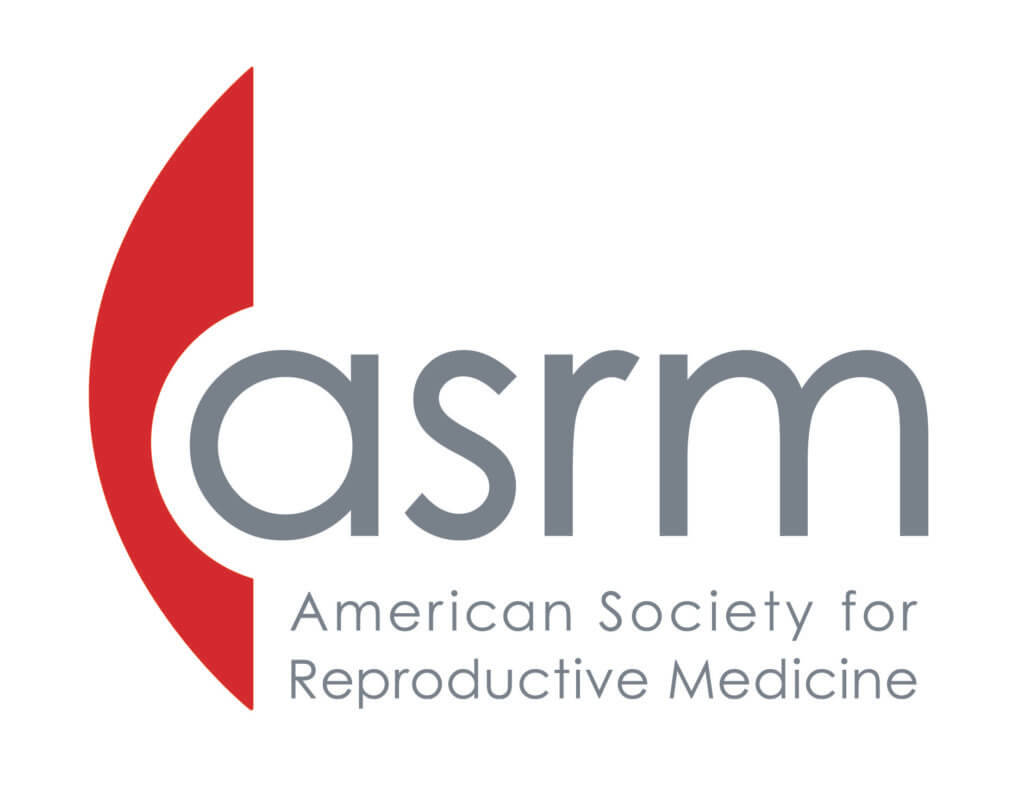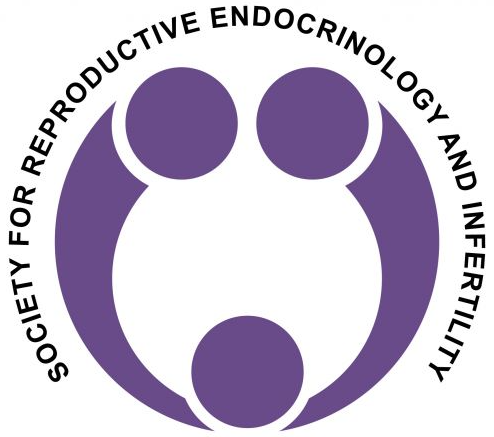Choosing to have a child on your own is a personal yet empowering decision. There are family-building options for families of all sizes, including those who opt to be single parents by choice. Single parenting by choice (SPBC) means that a person wishes to have a child of their own, unpartnered. Those who choose this option must rely on the use of donated eggs, donated sperm, or both a donated egg and donated sperm.
What Is a Single Parent by Choice?
A single parent by choice — or SPBC as you may sometimes see it — is a way to describe a single person who has chosen to have a baby by themselves.
What Are My Options as a Single Parent by Choice?
Those who decide to grow their families through SPBC have a few different family-building options. The choices you make on your journey are largely determined by whether or not you are able to or wish to carry your baby on your own, as well as if you plan to use your own eggs or sperm.
Here’s a quick breakdown of your options.
For single mothers by choice:
- I want to carry my baby and use my own eggs. You will need to purchase donor sperm, and you have the option to undergo in vitro fertilization (IVF) to become pregnant.
- I want to carry my baby, but I can’t use my own eggs. You will need both donor sperm and donor eggs. Donor eggs can be purchased from an egg bank. With both donor eggs and donor sperm, you are still able to get pregnant through methods like IVF. You can also consider embryo donation (read below for more information on embryo donation).
- I can’t carry my baby, but I want to use my own eggs. If you aren’t able to become pregnant, you can consider gestational surrogacy. You will need donor sperm from a sperm bank, which you can use to fertilize your eggs through IVF. The resulting embryo can then be transferred to your gestational surrogate. You will still be biologically related to your baby, even if you are not carrying them.
- I can’t carry my baby or use my own eggs. A gestational surrogate, or a woman who carries your baby for you, can also use both donor eggs and donor sperm, as well as a donated embryo. You will need to purchase these from a sperm bank and an egg bank. From there, using the donor eggs and donor sperm, an embryo will be created using IVF. This embryo will then be implanted into the gestational surrogate’s uterus.
For single fathers by choice
- I want to use my own sperm. Cisgender men will always have to consider gestational surrogacy, since they can’t produce eggs. You can purchase donor eggs from an egg bank, which you can fertilize with your own sperm through IVF to a gestational carrier. You will still be biologically related to your baby through your sperm.
- I can’t use my own sperm. A gestational surrogate can also use both donor eggs and donor sperm. You will need to purchase donor sperm from a sperm bank and a donor egg from an egg bank. From there, using the donor eggs and donor sperm, an embryo will be created using IVF. This embryo will then be implanted into the gestational surrogate’s uterus. Alternatively, you can also consider embryo donation (more on that below).
Choosing Your Sperm Donor
An important choice you will make in your journey as a SMBC is selecting you sperm donor. Typically, intended parents purchase their donor sperm from a sperm bank. Sperm banks are invaluable resources, as they can help you choose your donor based on many different factors, such as physical appearance, family history, education, and even personality traits.
If you are using your own eggs, both you and your sperm donor should undergo genetic carrier screening to make sure you and your donor do not carry the same recessive genes that could be passed down to your child. This is a standard process we at the Center for Reproductive Medicine (CRM) support.
Choosing an Egg Donor
You also have the option to use donor eggs. Using eggs from a donor in addition to using your own sperm or donor sperm is one way you can have a baby through IVF. The process is simple; through egg donation, young and healthy women who have been thoroughly screened donate their eggs so they can be fertilized with sperm. An embryo is then created through IVF and transferred to your uterus or your gestational surrogate’s uterus, resulting in a pregnancy.
Learn more about our egg donor program
Embryo Donation
If you need both donor sperm and donor eggs, you may consider embryo donation. Embryo donation involves the use of unused embryos from another person’s IVF treatment; the unused embryo is donated to another person who can then use that embryo to become pregnant. Both an intended mother and a gestational surrogate can become pregnant using a donated embryo. You can be matched through an agency to find an embryo donor that fits your needs.
Choosing a Gestational Surrogate
If you are not medically able to carry a pregnancy or you are a single father by choice, you can use a gestational surrogate. A gestational surrogate has no biological connection to your child; the surrogate only carries your baby for you until the baby is born. We at CRM offer a gestational surrogacy program that allows intended parents to match with a gestational surrogate for the IVF process.
Things to Keep in Mind Before Starting Your Journey
Before you decide what your next steps will be in your family-building journey, consider asking yourself these questions:
- Am I confident that I am making the right choice for myself and my future family?
- Am I financially stable and able to afford the costs of IVF treatment?
- Do I have plans for how I will return to work after having my baby, and do I have adequate childcare prepared for my baby?
- Do I have a strong enough support network of people who will be there for me throughout my journey of preparing to be and becoming a mother?
We’re Here to Support You.
Becoming a SPBC is a decision that is yours to make. At CRM, we support your choices, and we have resources to support you every step of your journey.





